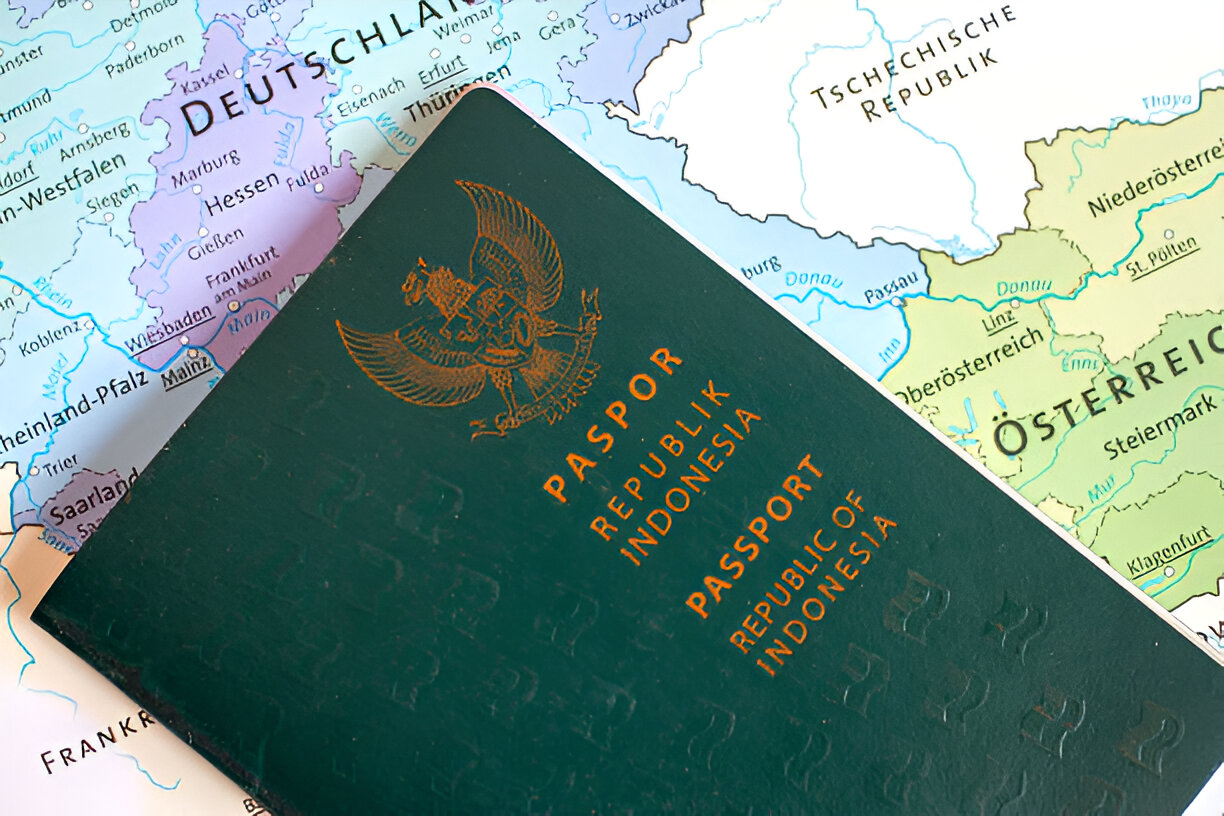Indonesia is one of the most popular tourist destinations out there. With Bali being one of the biggest pulls for travelers. But 2024 saw Indonesia make some massive changes to their immigration and visa rules and regulations.
There are a number of contributing factors to why they have decided to tighten up their visa laws. One of the key reasons is to help deal with the swathe of unruly tourists that are constantly shrinking local laws and immigration laws. As of the time of writing, over 400 people have been deported from Bali for breaching these new laws.
So what changes are being made? And how will it affect you?
The New Visa Regulations
Nearly the entire visa system for Indonesia has undergone a change. One of the primary changes is that all visa applications have to be submitted through an online system. And there are now a new range of visa codes. Each code relates to a specific reason for traveling to Indonesia.
There are 4 primary visa codes. B,C,D, and E. Previously Indonesia was a visa-free country. This meant that you could just show up and were allowed to stay there for a predetermined number of days without needing a visa. This is no longer the case. Primarily this change was made due to the global Covid pandemic.
Visa code B is the code that will be most relevant to tourists. It is a Visa On Arrival. This visa can be acquired at the airport on arrival or done electronically before your flight. It does have a small fee associated with it. It allows for 30 days of stay in Indonesia. Along with general tourism, it is for people traveling for medical reasons and business meetings. You are not allowed to do any work or get paid while on this visa.
Visa type C is also one that will apply to a lot of tourists. It is a Single-Entry visa that is valid for 60 days but can be extended twice under certain conditions. It is geared more towards people engaging in activities such as sports, lecturing, business deals, work trials, or cultural shows. You can work under this visa as long as you aren’t reimbursed for that work. But you will need to ensure the type of Single-Entry visa you have secured is one that permits working.
Visa D is a Multiple-Visit visa that encompasses all of the privileges afforded by type B and C. But with the option to enter the country as many times as you want within a specific time period. But each time you enter you will be limited to 60 days. Visa type E is the visa concerned with working in Indonesia. Acquiring this visa requires you to provide a lot of evidence concerning your intention and what you will be doing while in Indonesia.
How This Affects You
On the whole these visa changes won’t have that big an effect on your ability to visit Indonesia. It might seem scary hearing about so many people being deported or arrested in places like Kuta or Dalung. But the people being deported are often those trying to actively engage in criminal activity or willingly flaunting the visa laws.
If anything these new visa laws will make places like Bali far safer for tourists. With the intention of cutting down on the foreign criminal elements within places like Kuta. So our first piece of advice is don’t be discouraged from traveling to Bali. There are so many amazing things to do in Kuta, Dalung, Jembrana, and so many other beautiful locations on the Island.
The main way this will affect you is in how much forethought you have to put into your trip. You need to be sure that the visa type you secure covers everything you plan to do while in Indonesia. If you’re an athlete, for example, and aren’t sure if you will end up engaging in any sporting events or not, you are better off securing a type C visa just in case.
The Penalties
Indonesia is not messing around when it comes to enforcing their new visa regulations. Previously serious infractions could land you between six months to a year of detainment time. This has now been increased to potentially between ten and twenty years detainment time. While those found to be conducting criminal activities could potentially see their detainment last for an indefinite time.
Minor infractions, such as over staying for a few days, aren’t likely to land you with such a heavy sentence. They are more likely to just force you to return home and might stop you from returning to the country for a significant amount of time. But this is primarily speculation. The best advice is, as always, ensure you are keeping within your visa allowances.
